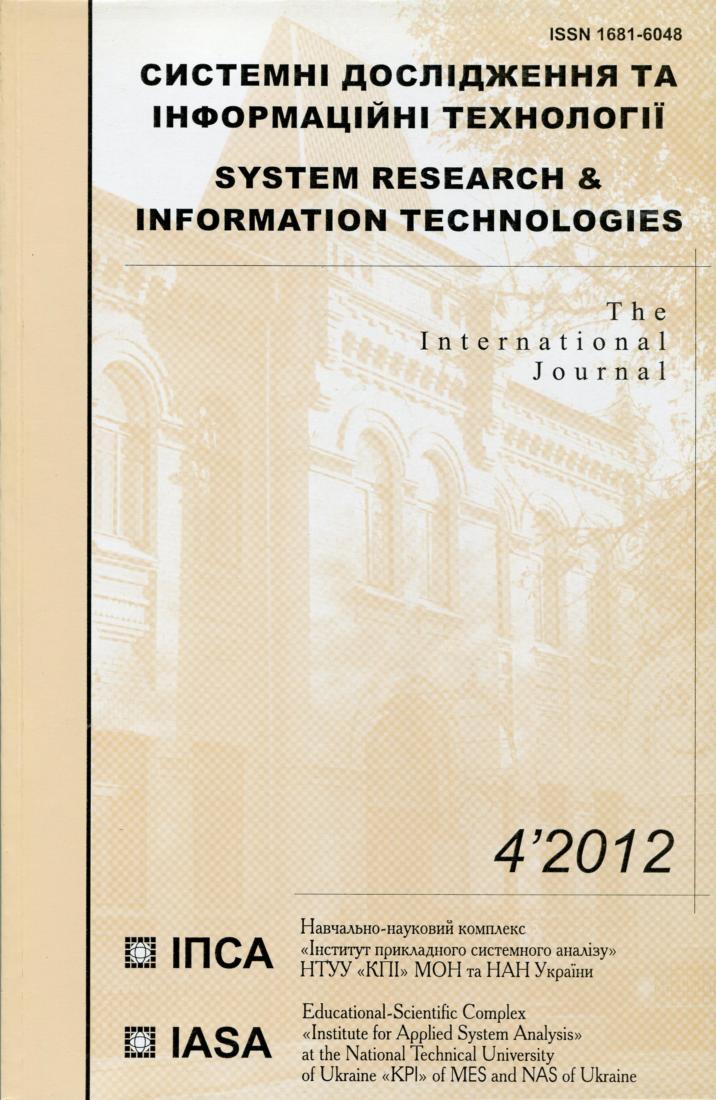Energy security cost as an externality — increased gas import price and economy of Ukraine
Abstract
In this research, the tolerability of the economy of Ukraine for the increase of the gas import price is investigated. The relationship between the economic growth and im-ported gas price is analyzed, and it was found that the gas consumption of the food and other smaller industries was growing while the gas price was increasing; although, the larger industries such as chemical and manufacturing industries reduced the gas consumption. It was also found that Ukraine may hold a capability to lower the gas import price to the de-gree comparable to the current price. For the analysis, the national statistics of every month from 2002 through 2008 was used with the least squares model and the ARMA model for time-series forecasting. The data contains the GDP, the imported gas price and volume, the PPIs for the food industry, the chemical industry, the manufacturers and the energy industry, as well as the gas volumes consumed by the industries of low price band, other than the manufacturers and the chemical industries.References
International Atomic Energy Agency. "Health and environmental impacts of electricity generation systems: procedures for comparative assessment", IAEA Technical Report Series. — 1999. — № 394.—193 р.
Leiby. P.N, Jones D.W, Curlee T.R. and Lee R. Oil Imports: An Assessment of Benefits and Costs. Oak Ridge National Laboratory, Oak Ridge, TN, 1997. — 93 p.
Browning E.K., Browning J.M. Microeconomic Theory and Application, Third Edition. — Glenview: Scott, Foresman and Company, 1989. — 637 p.
National Research Council, Hidden Costs of Energy: Unpriced Consequences of Energy Production and Use, Committee on Health, Environmental, and Other External Costs and Benefits of Energy Production and Consumption. — National Research Council, the National Academies Press, Washington, 2010. — 473 p.

